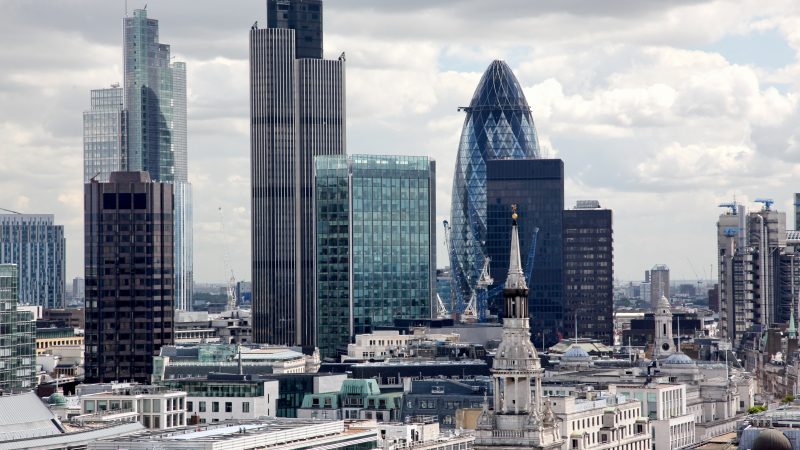
Generally speaking, when bank regulations hit the headlines it usually means that something has gone catastrophically wrong. So what should we make of the news that the cap on bankers’ bonuses will be repealed?
To be honest, not very much. While this may be the last element of Kwasi Kwarteng’s kamikaze growth strategy left standing, its removal is more symbolic than significant. The cap was brought in after the financial crash, but the reality is that it was always more of a populist measure to ‘bash bankers’ and assuage public anger than a genuine attempt to reduce risky investments.
The cap was introduced at an EU-wide level, although UK regulators were always sceptical. There is no evidence it has really changed bankers’ behaviour. However, as salaries have increased to compensate for reduced bonuses, banks’ fixed costs rose as a result, which makes it harder for them to save money when they make losses. Ironically, capping bankers’ bonuses has increased the risk of bank failure.
So, if capping bonuses is not a silver bullet to make our financial system safer, what areas should Labour be focusing on when it comes to bank regulation? I would suggest three.
Regulating cryptocurrencies should be one of Labour’s priorities
Firstly, consumer protection. Earlier this month, we heard that Rishi Sunak and City minister, Andrew Griffith, were urging the regulator to take a softer line on advertising rules for cryptocurrencies. Too often, endorsements from celebrities or sports stars are used to persuade people who do not fully understand what they are buying to put their money into risky products like NFTs and cryptocurrencies.
The risks of these products should be made crystal clear to consumers, and that means regulating how they are sold. Tulip Siddiq is right to talk about the “wild west” regime for regulating cryptocurrencies.
The Tories have been wilfully blind to the threat of financial crime
Similarly, fraud levels have gone through the roof in recent years. The pandemic and the cost-of-living crisis have created a perfect storm for scammers, particularly those who prey on the most vulnerable. Labour must show that we would take action in government to keep people’s hard-earned savings safe from fraudsters.
And that leads me to what should be the second priority: financial crime. As parliament’s intelligence and security committee’s Russia report highlighted, for too long the UK has been a “laundromat” for illicit finance. We need to tighten up rules on sanctions controls to stop the UK’s enemies using our own financial system to prosper. We need to do more to identify beneficial owners, to crack down on money laundering and stamp out tax evasion.
This is not just a threat to the integrity of our financial system, but also a threat to our national security. The Conservative government has been wilfully blind to this threat. On the same day that the repeal of the bonus cap was announced, it was revealed that former Tory Party chair Brandon Lewis would take a second job advising a firm owned by sanctioned Russian oligarchs.
Rebuilding our relationship with Europe is also key
The third issue Labour should focus on is rebuilding our relationship with Europe. Since Brexit, the City has lost vital access to European markets, harming London’s reputation as a leading financial centre. Reaching agreements on equivalent regulatory standards with EU financial regulators would allow British firms to sell their services in Europe, opening new markets while preventing a race to the bottom on regulatory standards.
Not only would this be good for growth, but it would be good for Labour’s reputation too. Nothing has driven a wedge between the City and the Conservative Party like Brexit.
Rachel Reeves and Keir Starmer have been working hard to reassure the sector that they could trust an incoming Labour government. Labour’s wooing of the City was once referred to as the prawn cocktail offensive. This would really be the cherry tomato on the top!
So rather than populist sloganeering when it comes to regulating the City, Labour can both strengthen the security of the financial sector and grow our economy. And that would be an investment well worth making.




More from LabourList
Government abandons plans to delay 30 local elections in England
‘The cost of living crisis is still Britain’s defining political challenge’
‘Nurses are finally getting the recognition they deserve’